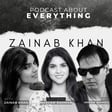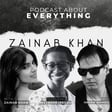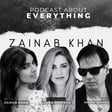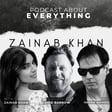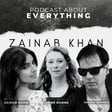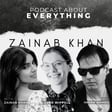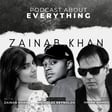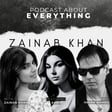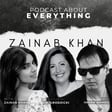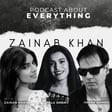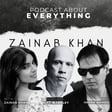
From Discovering Potentials to Solving Conflicts ft. Ellie Burton | Ep. 5
Welcome to our fifth podcast episode, where we have the honor of conversing with the insightful school counselor, Ellie Burton.
Join us as we explore Ellie Burton's journey, from her beginnings as a Certified Financial Planner to her impactful role as a school counselor at North Gwinnett High School. In this episode, we'll delve into Ellie's dedication to igniting passions in young minds, navigating challenges, and fostering growth.
Whether you're an educator, a parent, or simply curious about the world of school counseling, this episode promises to offer valuable insights and inspiration from Ellie Burton's remarkable career. So, join us as we uncover the essence of guidance and empowerment with Ellie Burton.
About Ellie Burton:
Ellie Burton is a school counselor with a unique blend of expertise in both finance and guiding young minds. With seven years of experience at North Gwinnett High School, Burton isn't just about college applications and conflicts – she's all about igniting sparks and watching them grow into blazing fires of passion. Before diving into education, Burton spent time as a Certified Financial Planner, mastering the art of numbers and ensuring financial harmony. When not changing lives in academia, you'll find Burton planning race schedules or hiking in nature, embracing life's adventures and pushing boundaries.
To see the video version of this episode subscribe to the YouTube channel: https://www.youtube.com/@thezainabkhan
Website: https://thezainabkhan.com/
Instagram page: https://www.instagram.com/zainabkhanpodcast/
